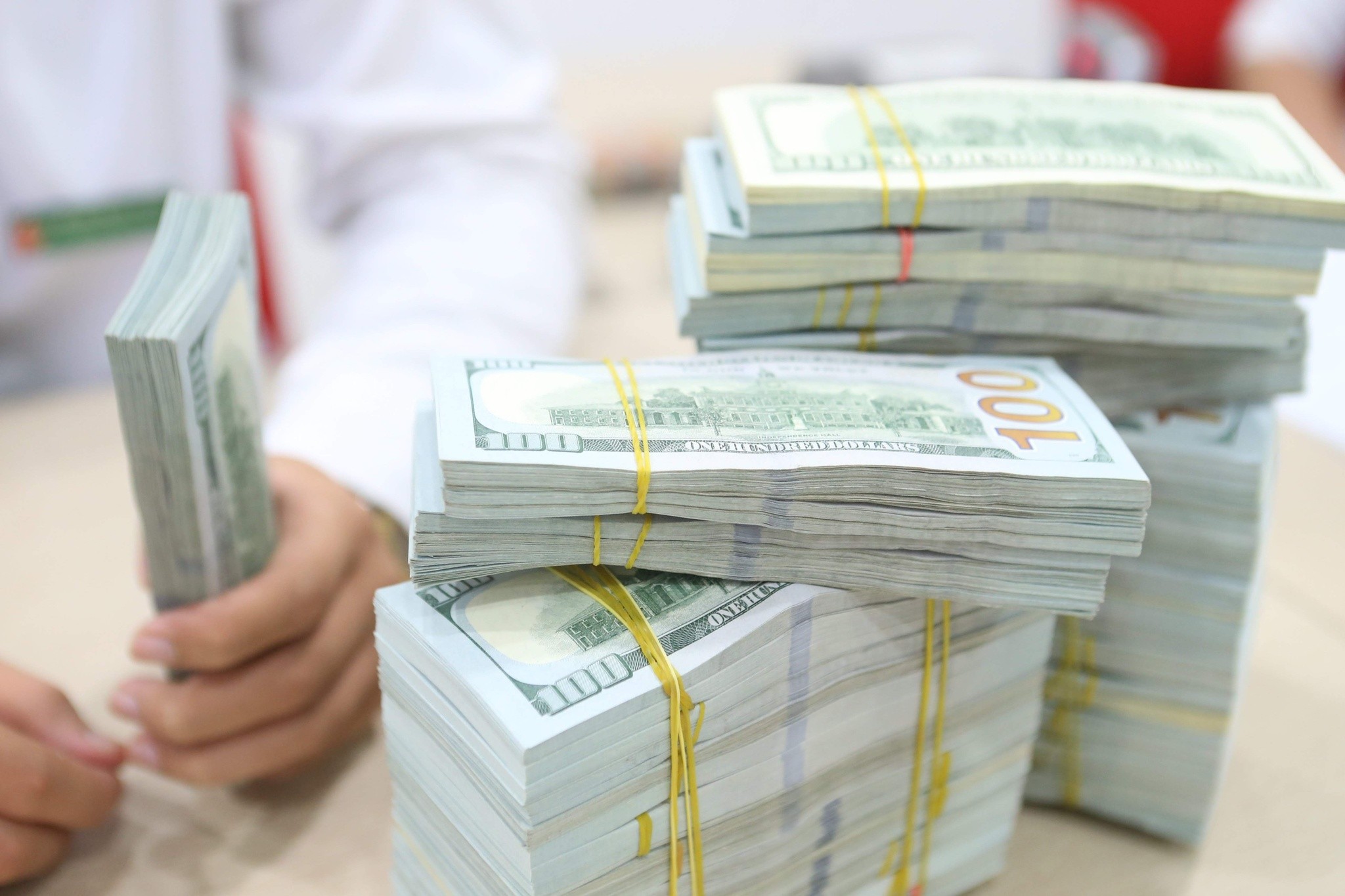What will drive the US dollar in 2023?
Where do we stand on the currency outlook for 2023, and particularly the likely fortunes of the dollar?

A complete reversal of last year’s rise in the dollar would take a much more significant reversal of the factors that drove the dollar up, like the Fed starting to cut rates.
>> The US dollar’s peak may be behind us
What drove the dollar last year? A primary influence was the adverse trade shock from Russia’s attack on Ukraine. The burden of this fell heavily on hefty energy importers such as the euro zone, UK, and Japan. Their currencies rightly fell as a result, while those with stronger energy resources, like the US, saw their currencies rise.
Central bank tightening exacerbated dollar strength, not because the Fed tightened first or most, but because Fed tightening went hand in hand with slumping asset prices, as often happens, and this increase in global risk aversion lent itself to strength in the dollar via safe-haven effects. China’s COVID-lockdown arguably increased the dollar’s advantage still further, as did the plunge in global growth expectations and the surge in inflation, which all played into the risk-averse narrative.
The question for this year is whether some or all of these things will reverse, for if they do, the dollar seems likely to fall. Some already appear to have turned: energy prices have fallen, asset prices have recovered, inflation seems to be turning down, and China has lifted its "zero-coupon" policy. These things probably explain why the dollar weakened into the end of 2022. But other things are still in place; the conflict in Ukraine continues, and its impact on economic growth will be seen much more through 2023 than 2022 as many countries tumble into recession.
In addition, the central banks have not finished tightening policy yet. We also have to factor in that new developments will occur in some shape or another. These could increase the probability of a weaker dollar in 2023, but they could equally cause a renewed rise in risk aversion and more dollar strength. Some might involve events that are ongoing, such as a significant escalation or de-escalation of the conflict in Ukraine, and then there’s always the risk of left-field events that nobody has thought of or, if they have, have a low probability, such as the failure to lift the debt ceiling in the US.
So, as usual, there are a myriad of forces that seem to be working on the dollar, but, broadly speaking, we go along with the idea that the dollar will slide because many of last year’s events either reverse (like the rise in inflation and fall in asset prices) or they won’t deteriorate in a way that’s worse than the market currently assumes (like economic growth and the conflict in Ukraine). This would seem to leave us at the more optimistic end of expectations when it comes to dollar weakness this year. If we take the Reuters poll of analysts, for instance, we see that our forecasts for the dollar lie below the median forecasts from other analysts.
>> The US dollar may see further weakness
For instance, we expect euro/dollar to rise to 1.15 at the end of the year, compared to a median forecast of 1.10 by other analysts (and a range of 0.98 to 1.15). For sterling, we see 1.34, while the consensus is 1.23 (with a range of 1.08 to 1.35). So, not only are we below the median forecast for the dollar, we are also among the most bearish of forecasters for the dollar. This applies to the renminbi as well, where our call for 6.30 lies at the bottom end of the 6.3–7.3 range (the median is 6.8). But our call for the dollar to fall just under 10% on average against the likes of the euro, yen, pound, and renminbi is not huge given that the dollar rose by as much as 20% at one point last year.
In our view, a complete reversal of last year’s rise in the dollar would take a much more significant reversal of the factors that drove the dollar up, like the Fed starting to cut rates, for instance, or an end to the war in Ukraine—and we doubt that these sorts of things will happen.








